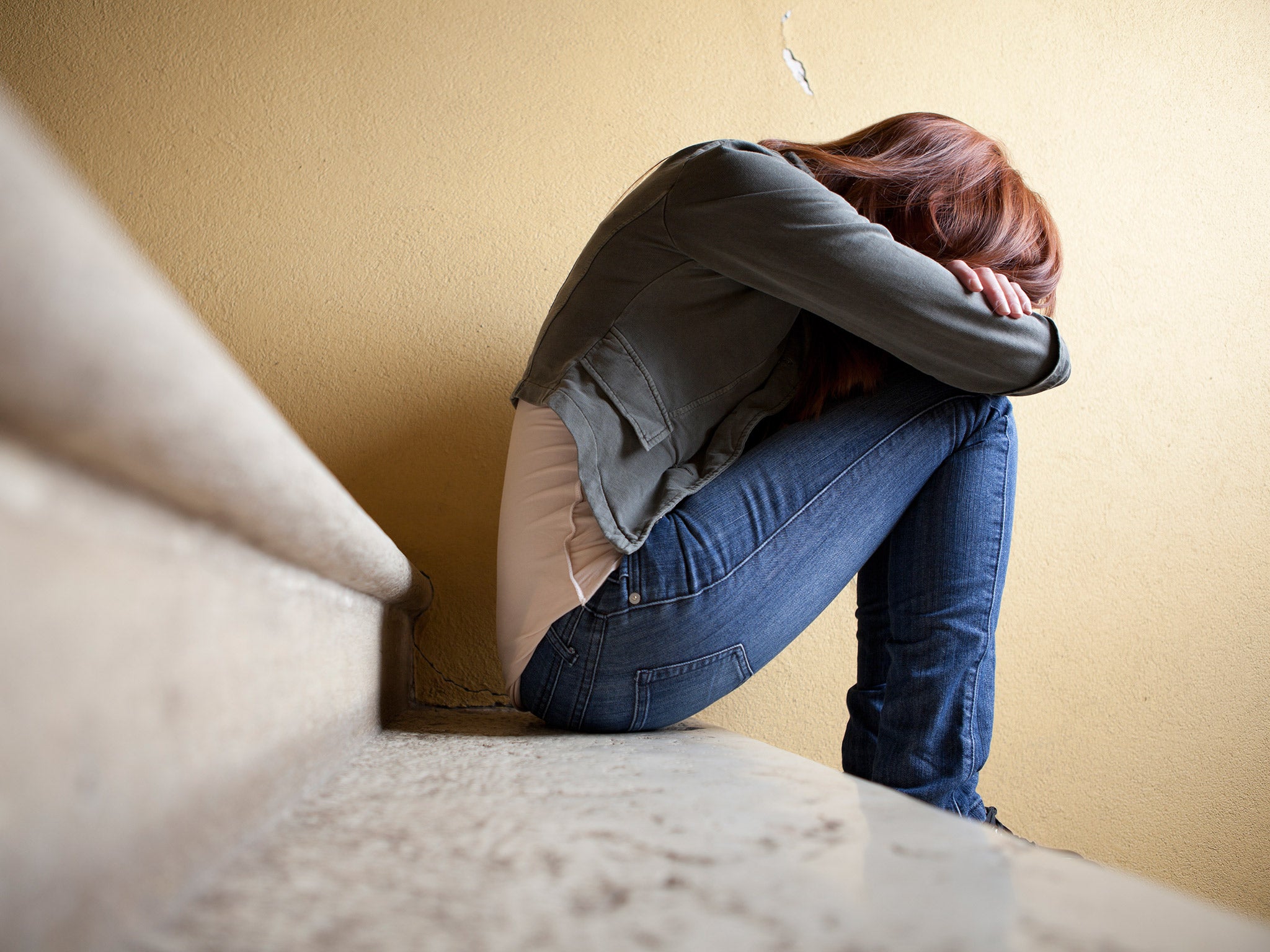Teaching unions warn of self-harm epidemic among students
Shortage of support services blamed for rise in cases

An epidemic of self-harm is blighting the lives of students across the country, with schools unable to offer assistance due to a shortage of support services, teaching unions have warned.
NHS figures suggest a 20 per cent rise in hospital admissions in England Wales and Northern Ireland among 10 to 19-years-old with self-harm injuries.
The data, compiled by BBC Newsbeat, suggested there were 28,730 such admissions in 2013/14 compared to 22,978 in the previous 12 months. Teaching unions have warned that the epidemic is rising, with dwindling government funding of support services leaving many schools ill-equipped to offer proper help.
“We are seeing a rise in self-harm. Predominantly among girls but also among boys as well,” Caroline Kolek, spokeswoman for Association of Teachers and Lecturers told the BBC. “We've lost our emotional well-being workers who used to come into schools. We've lost youth workers and there is certainly a massive underfunding in mental health services for young people so young people are not getting the support, and their families, aren't getting the support they need. ”
The findings compound data presented last month which suggested that the number of young boys being admitted to A&E for self-harming was at a five-year high. Data from the Health and Social Care Information Centre (HSCIC) said the number of cases had increased from 454 in 2009 to 2010, to 659 in 2013 to 2014.
Campaigners say bullying, stress at school and sexual pressure is driving young people to self-harm. Boys were also more likely than girls to punch or hit themselves, which some hospitals may not categorise as self-harm, campaigners said.
But social media was also driving the epidemic underground. “I am aware of young people who have self-harmed and then put photographs of it up on social media and they have had very negative comments which has led to bullying,” Ms Kolek, who is also a secondary school teacher, said. “And they've had copycat scenarios being reported as well and that is speaking to colleagues across the country.
Health Minister Norman Lamb told the BBC: “Self-harm is a sign of serious emotional distress and it is crucial that young people get the help they need. ”
“I've brought together a team of specialists to look at how we can improve care - including in our schools - and we are investing £150 million over the next five years to help young people deal with issues like self-harm and eating disorders.”
Join our commenting forum
Join thought-provoking conversations, follow other Independent readers and see their replies
Comments